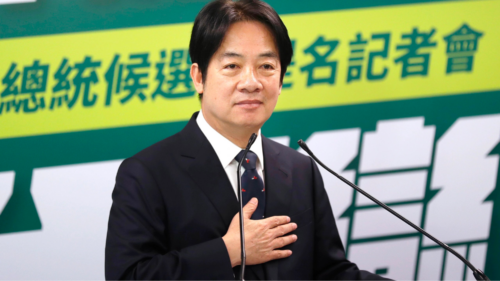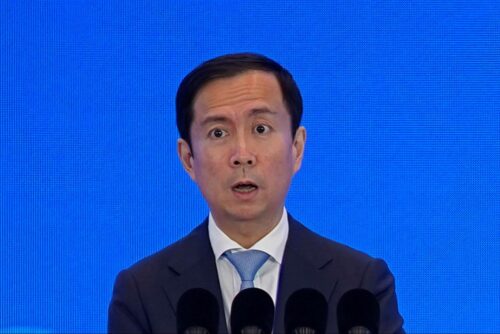What the Ant Group IPO reboot means
China's financial regulators are reportedly holding discussions to allow Ant Group to revive its IPO, two years after it was suspended.

In 2020, Ant Financial was planning a dual listing IPO worth more than $34 billion for Shanghai and Hong Kong. That plan was famously canceled. Now as Ant gears up for another attempt, the changes at the company are significant and reflect the latest environment for investors to navigate.
While Ant’s charismatic leader Jack Ma is well known, what is less obvious is that the earliest investors were largely state-sponsored investors. The first large equity raise in 2015 included China Investment Corp, CCB Trust, China Life, China Post, and China Development Bank, all state-owned enterprises. At that time Ant was largely a payments company called Alipay.
Ant’s first regulatory hiccup took place around the launch of the most successful fund offering in China, Yu’e Bao, in 2017. Given that Ant was not a firm authorized by the China Securities and Regulatory Commission (CSRC) to issue funds, Ant purchased 51% of a small asset manager, Tianhong. Many foreign (and local) institutions complained openly to the CSRC that no other firm would be allowed to execute such an audacious move. Ownership in asset management firms on the mainland is strictly controlled. Nevertheless, the transaction was approved, and Tainhong, with Ant’s Alipay interface, added an option to purchase a money market fund, Yu’e Bao.
In response to the massive uptake, the CSRC issued new requirements on the investment profile for money market funds, requiring higher credit quality and deeper liquidity. But the reality was that Ant, through its growing app and mergers, was looking more and more like a financial institution.
When Ant Financial’s IPO was suspended, Jack Ma was rumored to have made insulting comments regarding government officials, but the formal announcement came in a joint letter from the Exchanges in Shanghai and Hong Kong citing “significant issues” related to “information disclosure requirements.” Days later, the China Central Bank issued new rules related to micro lending, another big business for Ant at the time. As Ant barreled ahead using innovation, moxie, and technology, the regulators fell behind and clearly had enough.
A year later it looks like Ant’s IPO is back on track, at least from a regulatory perspective. There are three significant changes: 1) Ant is now a financial holding company regulated by the People’s Bank of China, meaning the government will have data access to more than a billion accounts; 2) Ownership will be through a joint venture with three state-owned companies; 3) Ant’s affiliate, BABA, already has a dual listing in Hong Kong.
The shift is obvious. Mainland IPOs this year raised $33.8 billion, the largest amount since 2009, according to Dealogic. In contrast, the global dollar value of IPOs fell 71% over the same period. In Hong Kong, IPO volumes have tumbled 92% from a year ago, the lowest point since 2009. If Ant does list in Shanghai and Hong Kong, the credit will accrue to both jurisdictions.
The biggest listing on the mainland this year was the $4.4 billion debut of energy firm CNOOC in April, which was delisted from the NYSE as a result of Executive Order 13959 banning U.S. investors from companies linked to the Chinese military. The Shanghai shares are up 70% from their IPO price. The policy “nudge” is becoming a shove: If you are going to allocate to China, better do it on the mainland.
A-Share Intelligence is a weekly column.






